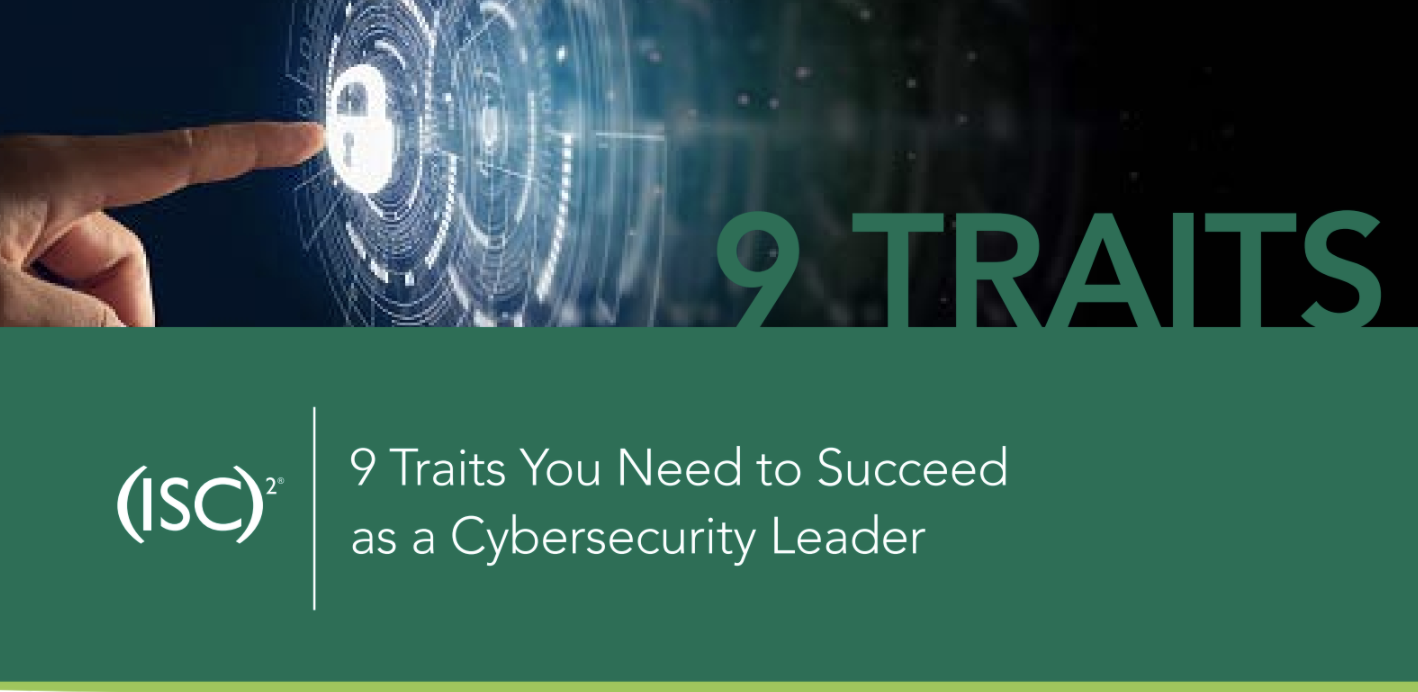Large US businesses are hackers' ideal ransomware targets
Research into dark web ads finds organizations in English-speaking countries are top targets


If you run a large, US-based non-health-care or -education company with revenue exceeding $100 million, then you will likely find yourself a victim of a ransomware attack.
These organizations are the most likely ransomware victims, according to a new report by cyber security firm Kela.
Kela searched dark web forums for hackers wanting to buy access to organizations. It found 48 active threads where hackers claimed they wanted to buy different kinds of accesses. Of those hackers, 40% were involved in ransomware in some way or another.
Victoria Kivilevich, a threat intelligence analyst at Kela, said ransomware attackers appear to form “industry standards” defining an ideal victim based on its revenue and geography and excluding specific sectors and countries from the targets list.
One of the hackers’ most basic requirements was network access such as RDP and VPN. The most common products mentioned were Citrix, Palo Alto Networks, VMware, Fortinet, and Cisco, according to Kivilevich.
She said that, on average, the actors active in July 2021 wanted to buy access to US companies with revenues exceeding $100 million. Almost half of them refused to buy access to companies in health care and education.
She added that the US was the most popular choice of hackers regarding victim location, as 47% of the actors mentioned it. Other top locations included Canada (37%), Australia (37%), and European countries (31%).
Sign up today and you will receive a free copy of our Future Focus 2025 report - the leading guidance on AI, cybersecurity and other IT challenges as per 700+ senior executives
“Most of the advertisements included a call for multiple countries. The reason behind this geographical focus is that actors choose the wealthiest companies which are expected to be located in the biggest and the most developed countries,” she said.
The research found that the average minimum revenue ransomware attackers wanted was $100 million, but some stated the desired revenue depended on the location.
“For example, one of the actors described the following formula: revenue should be more than $5 million for US victims, more than $20 million for European victims, and more than $40 million for “the third world” countries,” said Kivilevich.
RELATED RESOURCE

Nine traits you need to succeed as a cyber security leader
What characteristics and certifications make a successful cyber security leader?
Almost half of ransomware-related threads included a blacklist of sectors, meaning the actors are not ready to buy access to companies from specific industries. 7% of ransomware attackers refused to buy access to companies from the health care and education industries. 37% prohibited compromising the government sector, and 26% claimed they would not purchase non-profit organizations access.
“When actors prohibit healthcare or non-profit industries offers, it is more likely due to the moral code of the actors. When the education sector is off the table, the reason is the same or the fact that education victims simply cannot afford to pay much,” she said.
“Finally, when actors refuse to target government companies, it is a precaution measure and an attempt to avoid unwanted attention from law enforcement.”
Unsurprisingly, Russian-speaking countries are off-limits for ransomware hackers, the research found.
“The actors based in CIS suppose that if they will not target these countries, local authorities will not hunt them,” she said.
Rene Millman is a freelance writer and broadcaster who covers cybersecurity, AI, IoT, and the cloud. He also works as a contributing analyst at GigaOm and has previously worked as an analyst for Gartner covering the infrastructure market. He has made numerous television appearances to give his views and expertise on technology trends and companies that affect and shape our lives. You can follow Rene Millman on Twitter.
-
 Everything we know so far about the Nike data breach
Everything we know so far about the Nike data breachNews Hackers behind the WorldLeaks ransomware group claim to have accessed sensitive corporate data
-
 There’s a dangerous new ransomware variant on the block – and cyber experts warn it’s flying under the radar
There’s a dangerous new ransomware variant on the block – and cyber experts warn it’s flying under the radarNews The new DeadLock ransomware family is taking off in the wild, researchers warn
-
 Hacker offering US engineering firm data online after alleged breach
Hacker offering US engineering firm data online after alleged breachNews Data relating to Tampa Electric Company, Duke Energy Florida, and American Electric Power was allegedly stolen
-
 Cybersecurity experts face 20 years in prison following ransomware campaign
Cybersecurity experts face 20 years in prison following ransomware campaignTwo men used their tech expertise to carry out ALPHV BlackCat ransomware attacks
-
 15-year-old revealed as key player in Scattered LAPSUS$ Hunters
15-year-old revealed as key player in Scattered LAPSUS$ HuntersNews 'Rey' says he's trying to leave Scattered LAPSUS$ Hunters and is prepared to cooperate with law enforcement
-
 The Scattered Lapsus$ Hunters group is targeting Zendesk customers – here’s what you need to know
The Scattered Lapsus$ Hunters group is targeting Zendesk customers – here’s what you need to knowNews The group appears to be infecting support and help-desk personnel with remote access trojans and other forms of malware
-
 Impact of Asahi cyber attack laid bare as company confirms 1.5 million customers exposed
Impact of Asahi cyber attack laid bare as company confirms 1.5 million customers exposedNews No ransom has been paid, said president and group CEO Atsushi Katsuki, and the company is restoring its systems
-
 The US, UK, and Australia just imposed sanctions on a Russian cyber crime group – 'we are exposing their dark networks and going after those responsible'
The US, UK, and Australia just imposed sanctions on a Russian cyber crime group – 'we are exposing their dark networks and going after those responsible'News Media Land offers 'bulletproof' hosting services used for ransomware and DDoS attacks around the world


